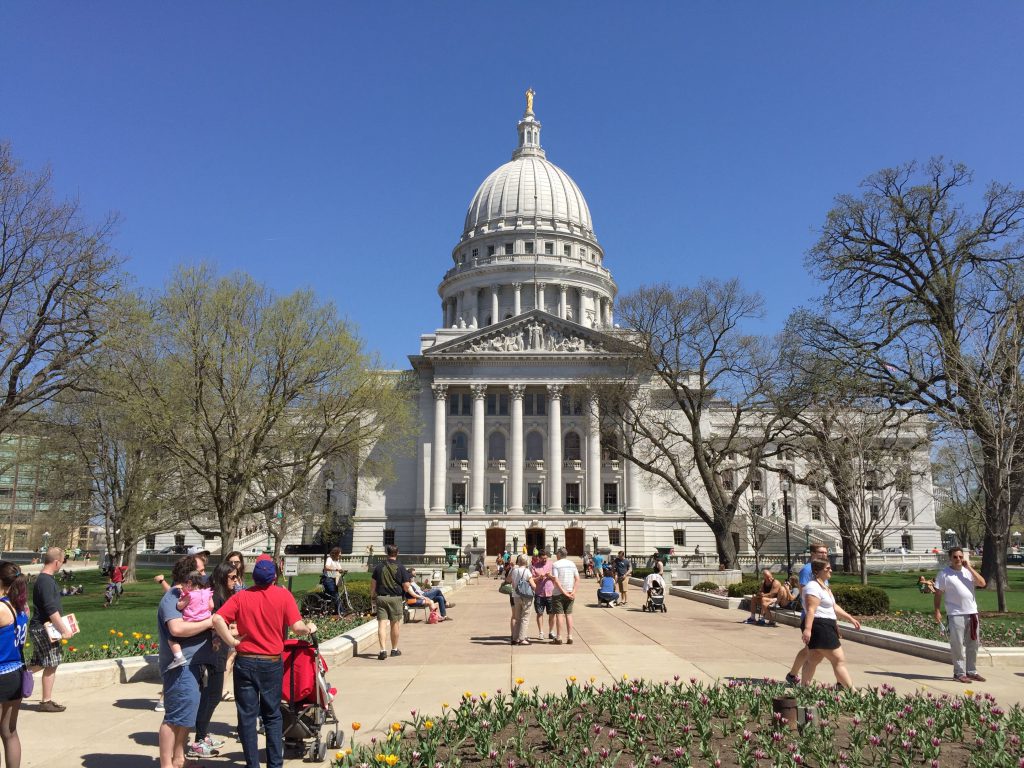School Groups Divided About State Budget
Happy Evers increased spending, but it’s still short of what’s needed, they say.
The state of Wisconsin’s first budget in eight years under divided government has both those involved in the process and those observing it feeling less than satisfied.
Democratic Gov. Tony Evers signed the two-year state budget into law on Wednesday, making 78 partial vetoes to the measure passed by the Republican-controlled Legislature.
“Today I am signing a better version of the Legislature’s budget with the understanding that we are nowhere near where we need to be, and there is more work for us to do,” Evers wrote in his veto message on Wednesday.
And increases made to K-12 education spending through Evers’ partial veto power are being met with a mixed reaction elsewhere.
The Wisconsin Association of Schools said that Evers’ changes improved the spending plan, but the budget fell short of expectations due to competing priorities and the fact there’s a Democratic governor while Republicans control the Legislature.
The Republican budget included a $500 million increase for K-12 education. Evers boosted that by $65 million through vetoes. The governor had sought $1.4 billion.
According to the budget, spending will increase by $63 per student in each of the next two years.
“Anytime we can help schools with their funding is a good thing because costs go up, labor goes up and we have more instances where we have mental health issues,” said state Sen. Luther Olsen, R-Ripon, and the chair of the Senate Education Committee.
On this and other issues, the governor and Legislature were at odds and Evers had considered rejecting the whole budget. That could have left school districts in the dark when it came to planning their own budgets because they wouldn’t know what level of state funding they would get.
“I really appreciate the governor’s refusal to allow our kids to be held hostage during an ugly round of budget negotiations,” said Heather DuBois Bourenane, executive director of Wisconsin Public Education Network, which marched 60 miles to show support for K-12 funding.
But Bourenane said Evers’ changes to the budget fall short when it comes to mental health funding, bilingual aid and special education funding.
“When it comes to the special education funding, it’s a huge relief we’re finally lifting the 10-year freeze, but costs have risen 65 percent during that decade. And the increase doesn’t fill the gap we see that schools have to backfill for special ed costs by taking money out of their general funds,” she said.
To fill that gap, many schools have asked taxpayers for additional funds. In 2018, taxpayers around the state approved a record number of school referendums.
School Groups Have Mixed Praise For New State Budget was originally published by Wisconsin Public Radio.






















